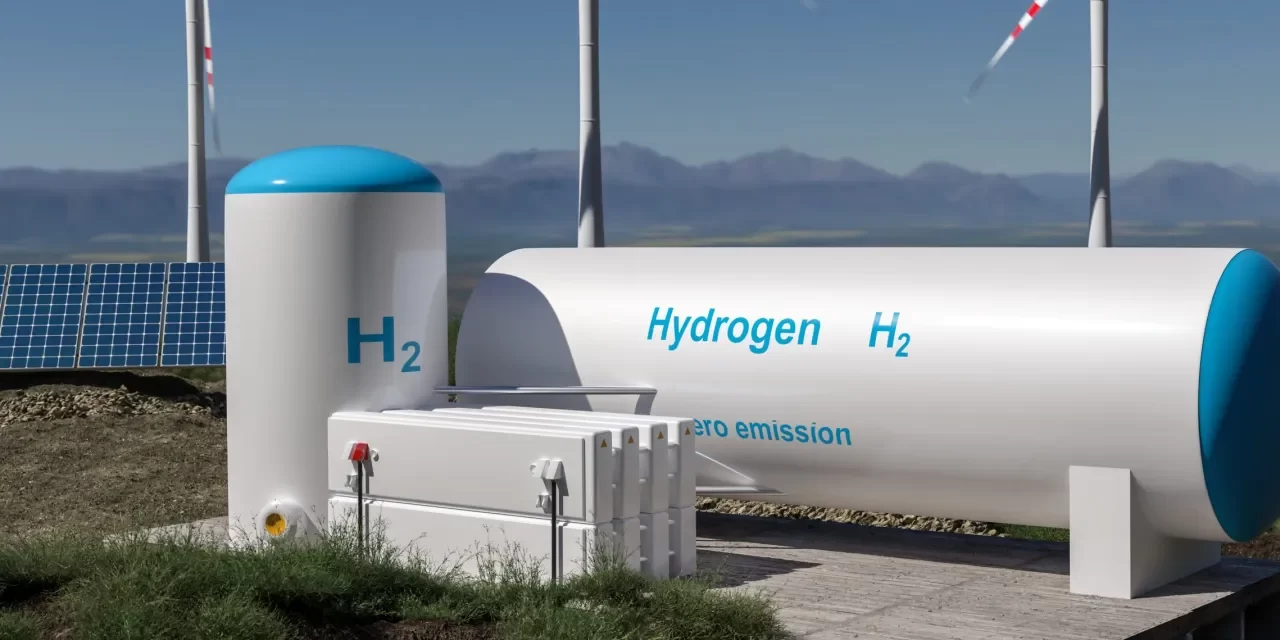The UAE has set ambitious targets to become a major producer of hydrogen as part of its revised energy strategy. An official from the country’s energy ministry announced that the UAE aims to produce 1.4 million tonnes of hydrogen annually by 2031, with expectations to increase that figure to 15 million tonnes by 2050.
As one of the world’s leading oil exporters, the UAE is now shifting its focus to hydrogen production to align with its long-term goal of climate neutrality by 2050. The country’s energy plan, initially announced in 2017, is being updated to incorporate these new hydrogen targets.
Sharif Alolama, the Undersecretary for Energy and Petroleum Affairs, stated that green hydrogen, produced using renewable energy sources, is expected to become increasingly affordable, positioning the UAE as a prominent producer. He acknowledged that hydrogen will play a significant role in the energy mix, although its prominence may not be fully realized within the next three to five years, but more likely within a decade.
Out of the 1.4 million tonnes of hydrogen, the UAE’s clean energy firm Masdar is anticipated to produce 1 million tonnes of green hydrogen by 2031, while the remaining 0.4 million tonnes will be blue hydrogen produced from natural gas.
To support hydrogen production, two “hydrogen oases” or hubs will be established in Ruwais and the Khalifa Industrial Zone Abu Dhabi (KIZAD). By 2050, the UAE plans to have a total of five hubs, further emphasizing its commitment to hydrogen as a key component of its energy strategy.
In addition to hydrogen, the UAE’s revised energy plan includes a substantial increase in renewable energy capacity. The country aims to triple its renewable energy capacity from the current 3.2 gigawatts to 14 gigawatts by 2030.
Furthermore, the UAE has updated its national climate pledge under the Paris Agreement. The country has raised its target for emissions reduction from 31% to 40% by 2030, showcasing its determination to combat climate change.
By embracing hydrogen production and expanding its renewable energy sector, the UAE is demonstrating its commitment to transitioning to a more sustainable and environmentally friendly energy landscape.
![]()




